Many years ago, I met him - a respected colleague for the first time during the "cross-check" period before the storm season. At that time, I was an intern, and he was a veteran forecaster, with expertise and great responsibility for his profession. I must add that, in my industry, "cross-check" is not a new concept, even for intern forecasters like me that year. Because every year, before the storm season, the leaders, despite being busy with a thousand things, still try to arrange a few checks.
These are business trips to the locality to inspect professional work, thereby orienting and training cadres to improve their skills and expertise; as well as grasping the thoughts and aspirations of cadres and civil servants at the grassroots level - a place that has long been reported by newspapers and radio with headlines such as: "the place of the wind and waves", "the place of counting the wind and measuring the rain" or "the people in the room where the lights never go out".
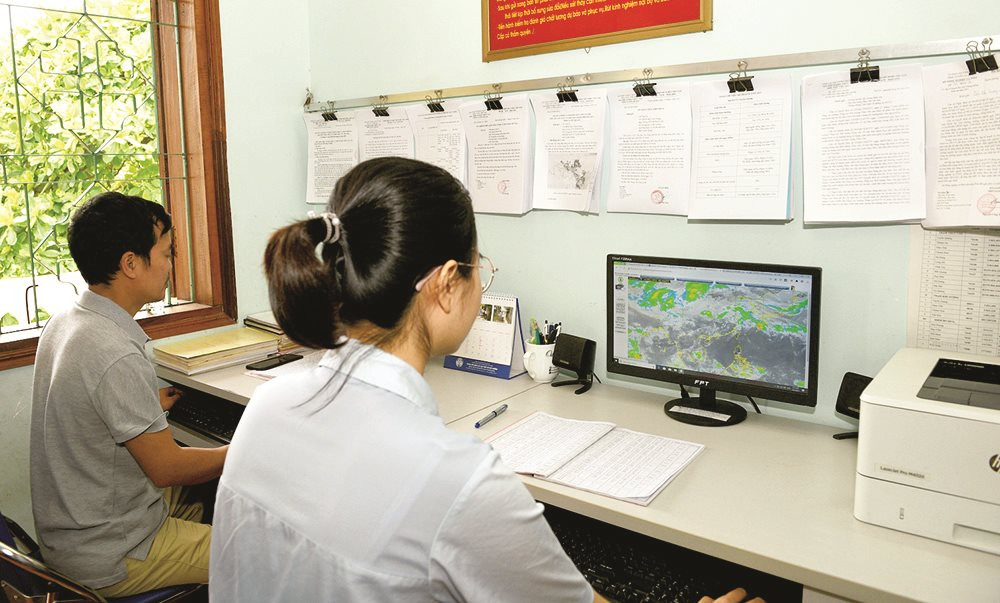
Now you must have guessed that I work as a forecaster and warning about hydrometeorological phenomena. Every day, the weather forecast information broadcast on television, online newspapers, and printed newspapers is our product. But to create a few lines of content in the newspaper or a few minutes of information that the MCs still read on TV, how we work, perhaps not many people know in detail.
Back to the story of my colleague that I mentioned above, he was the one who inspired my career - a girl who had just started her career. Time has passed by, he has now become a dedicated leader and I have been in the forecasting profession for 10 years. Now, writing these lines, I remember the stories we shared about the "dark side" of the forecasting profession.
12 years ago, I naively asked him: "Is forecasting difficult?" He replied: "It's not difficult, but it takes time!" That is, we need to learn and use new products and technologies, thereby gradually accumulating experience, a requirement for any profession, but in this "weather-diagnosis" industry, it is an important factor that creates forecast quality. Currently, in addition to consulting and flexibly applying the results of dozens of forecasting tools, thousands of observation data, countless model products... to create a concise, succinct and effective news; the skills we must cultivate are experience in using forecasting tools and products and a little professional courage and experience in handling situations. The human factor is always the key to determining work efficiency. In Directive No. 10 of the Secretariat on strengthening the Party's leadership over hydrometeorology to meet the requirements of national construction and defense and most recently, Decision 1970 of the Prime Minister promulgating the Strategy for Hydrometeorology Development to 2030, with a vision to 2045, both emphasize the role of high-quality human resources, as well as focus on training to improve the capacity and qualifications of hydrometeorology staff.
The difficulty of the profession is to forecast in advance, accurately and precisely the time and place of natural disasters that may occur, so that the authorities and the people know how to take precautions. However, no matter how advanced science and technology are, no matter how capable the forecasters are, there are still errors. Sometimes it is forecasted that heavy rain will fall but it turns out that it will not rain that much, sometimes it is forecasted that a storm will hit in the afternoon but in the morning there are strong winds and heavy rains that knock down many trees and blow away many roofs...
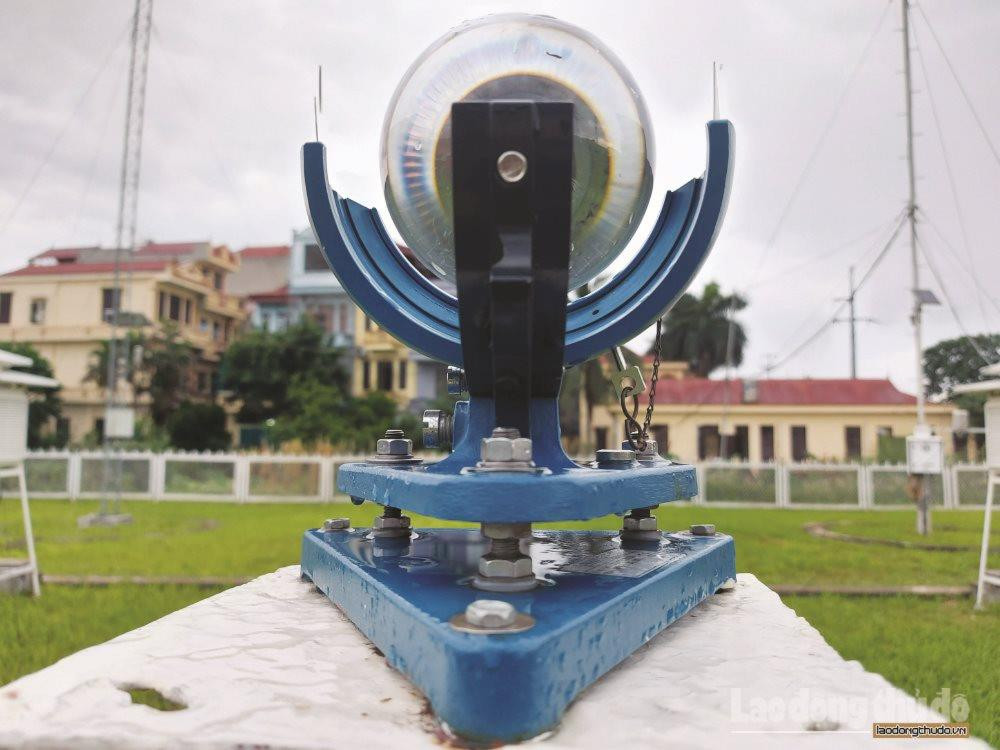
After each such time, we sit together, share, and learn from our experiences in the hope that the following natural disasters will not have such unfortunate events repeated. It seems that each of us always has an invisible pressure that this "celestial observer" profession brings. Forecasters always require themselves to "be right" (the bulletin); observers have the phrase "don't forget the slow obs shift". There are nights when everyone's phone screens only show a single-digit temperature, or even a negative number; my colleagues still diligently go out to the garden to "not forget" and hug their computers in the office to "be right". Working in this profession, understanding people makes us love the profession and people immensely.
I still remember an afternoon in October 2020, when the Central region was raining non-stop. After nearly a month of non-stop duty, he texted me: “I’m tired, but I hope the rain stops tomorrow. Looking at the scene of people… in the fierce flood, I can only keep silent”. I also know that in the past days, he and other colleagues have always been dedicated and worked with the highest professional responsibility; forecasting early, closely monitoring all developments of floods, updating the natural disaster situation regardless of day or night. Yet sometimes the thought of being “powerless” in the face of Mother Nature’s wrath still appears. Those are the silent moments of the forecasting profession. Human strength is limited, nature is limitless. No matter how hard we try, how responsible and professional our premonition is, sad things can still happen somewhere. For this profession, the storm will pass, the rain will stop, but the worries remain.
In recent years, in addition to performing our professional duties, we, the forecasters, have gradually become involuntary “journalists”. During each period of heavy rain or strong storm, we have to issue news bulletins to serve disaster prevention work, answer interviews in the media, and take the time to write.
content on facebook, zalo... update the path of the storm, the impact of heavy rain... Be flexible in the method of communication, focus on forecasting, warning about the impact of natural disasters rather than being rigid in the news with specialized forecasting terms. With the hope that official information is transmitted multi-dimensionally, easily understood and timely to the people, the damage caused by natural disasters will be minimal. Community awareness and communication methods change, the thinking of forecasters must also change to serve the community most effectively.
We understand that, no matter how quiet the work is, no matter how invisible or visible the pressure is, as long as we carry those professional concerns, with the mindset of a community service worker to continue trying, then after the night rain, dawn will definitely break.
Source



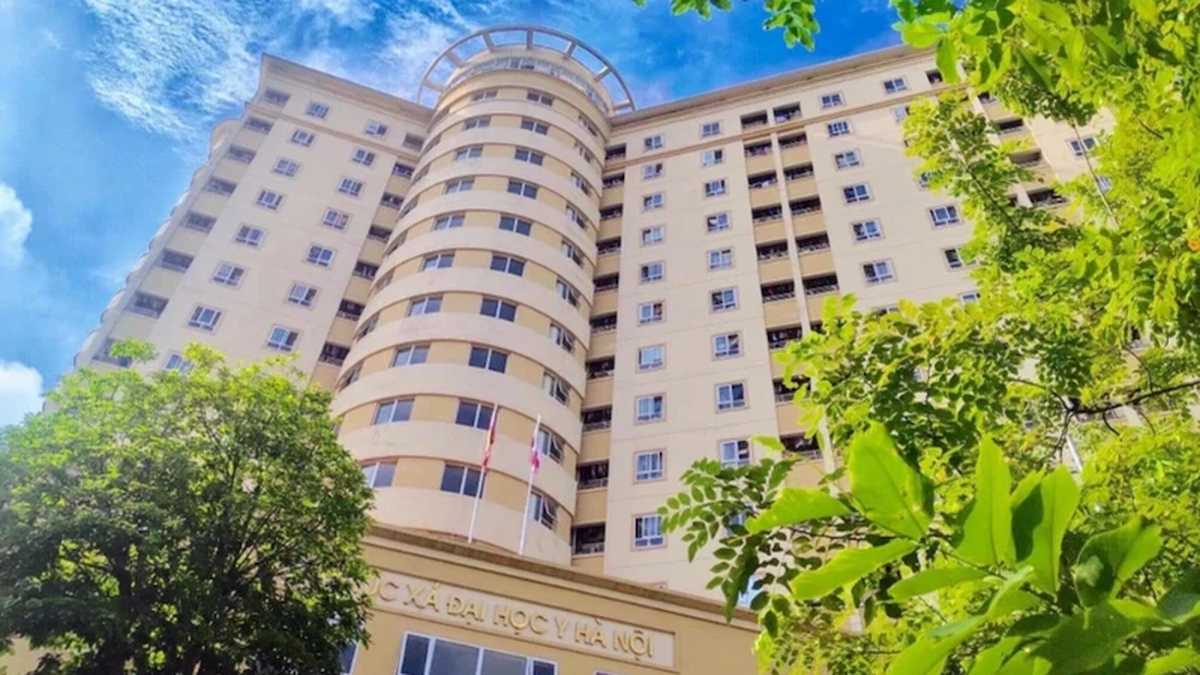
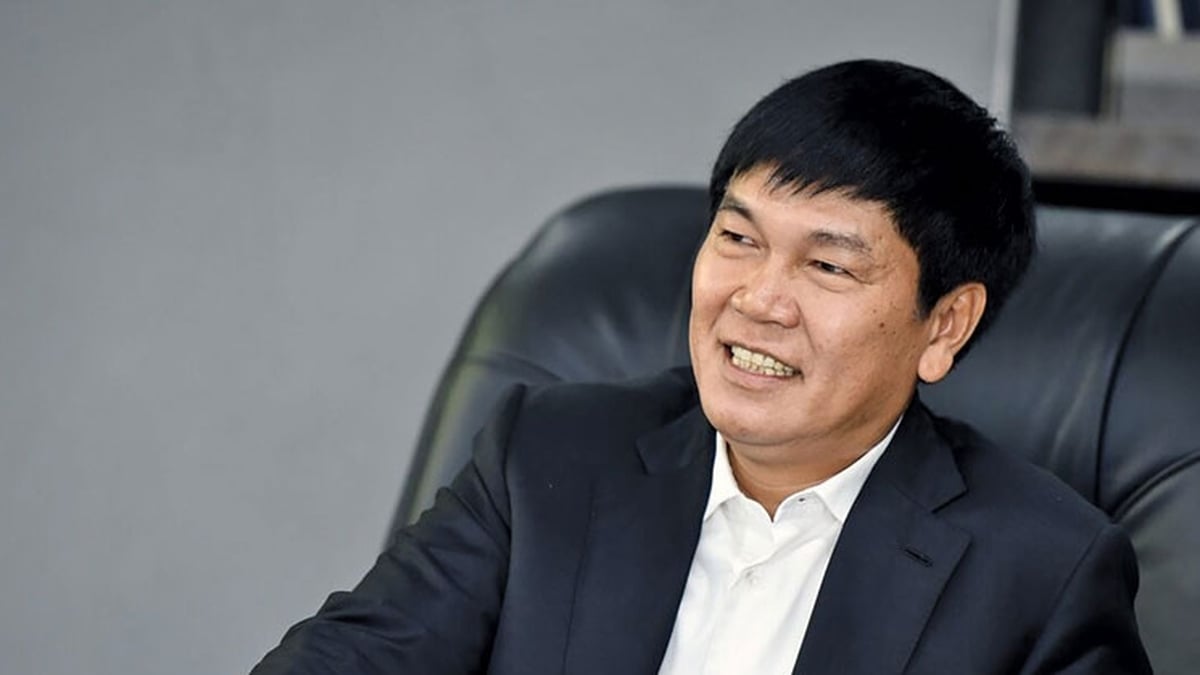
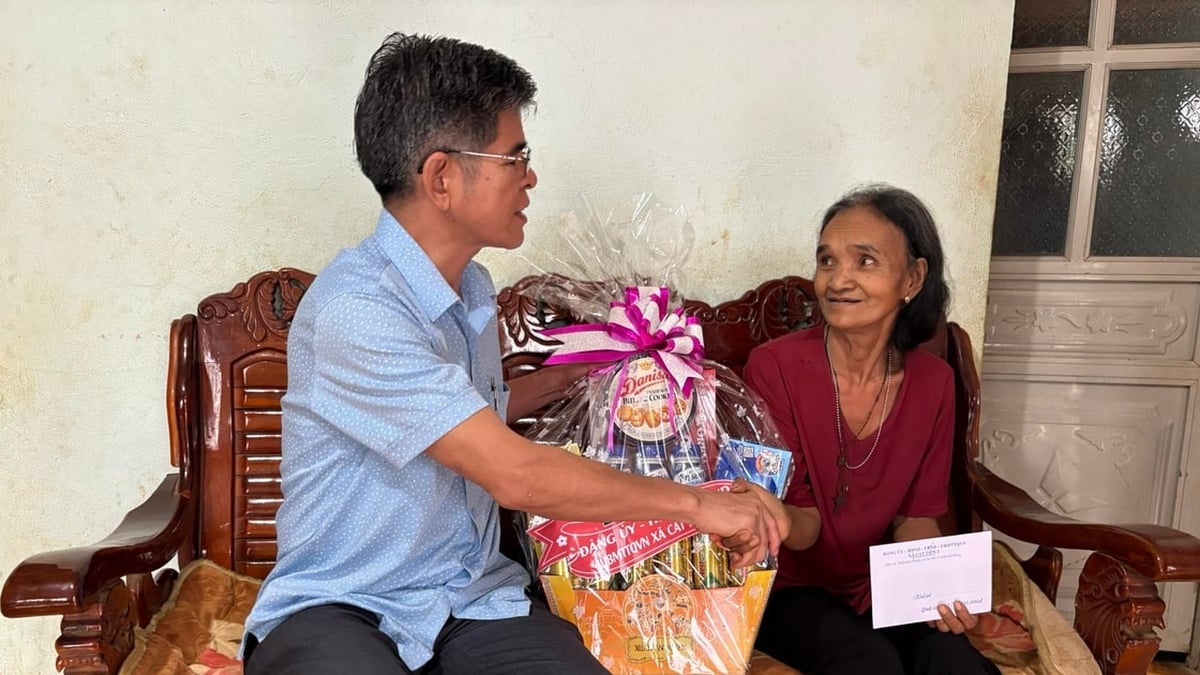

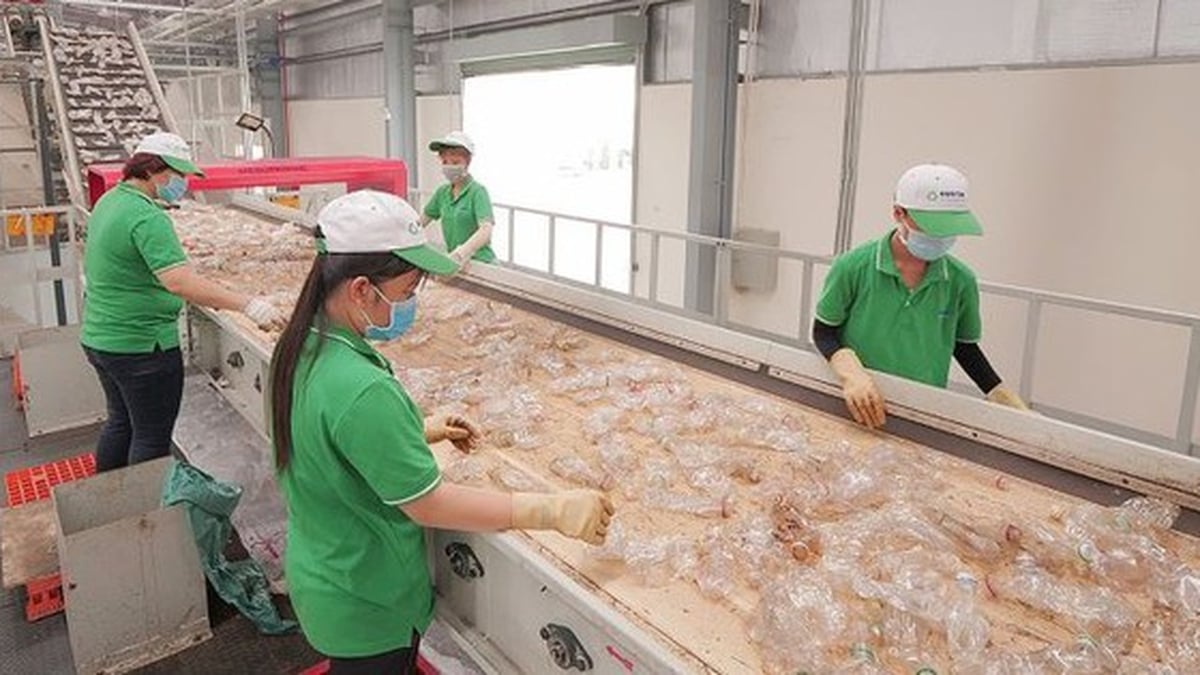
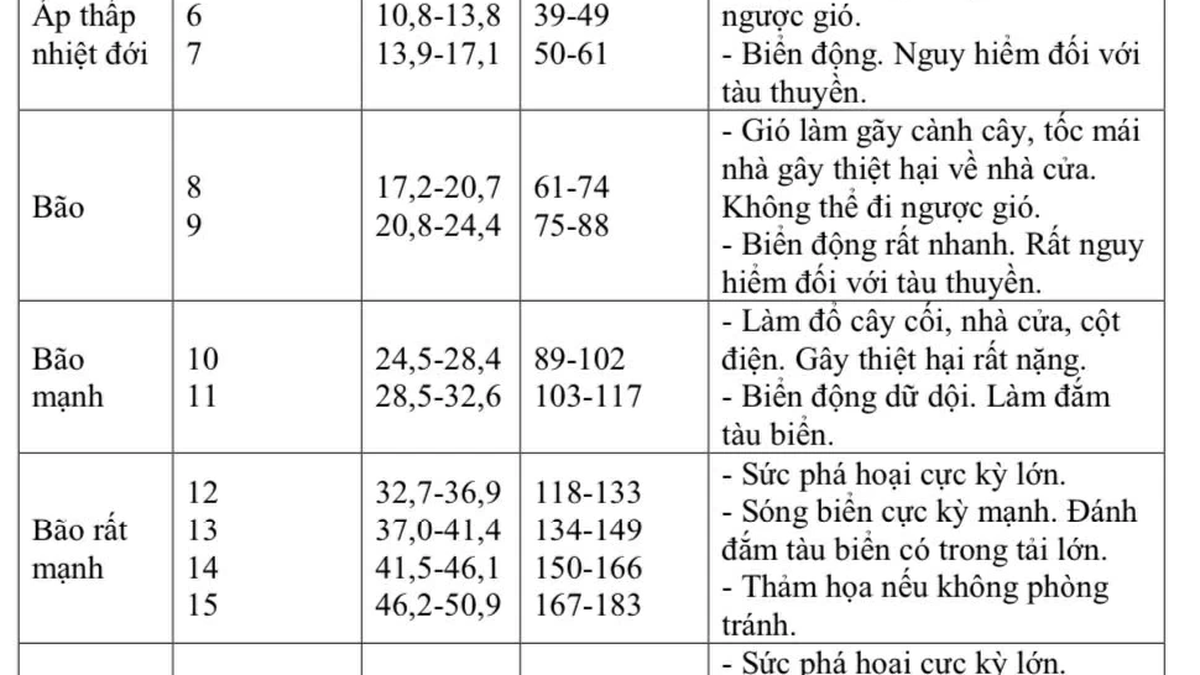
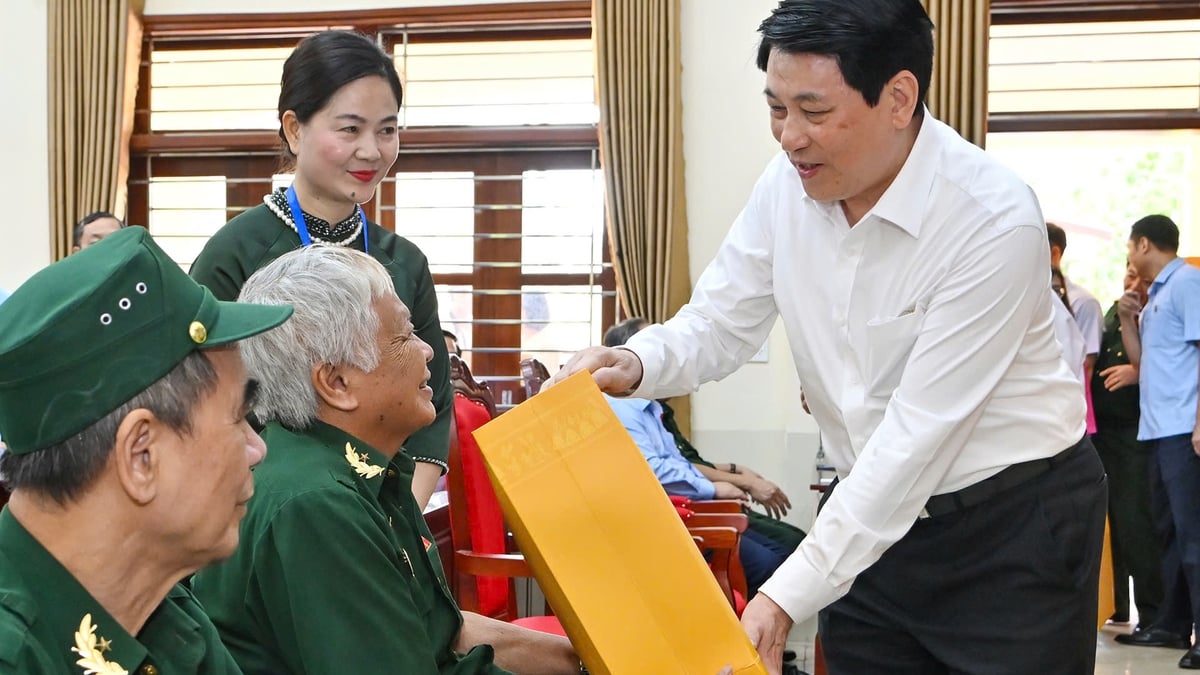
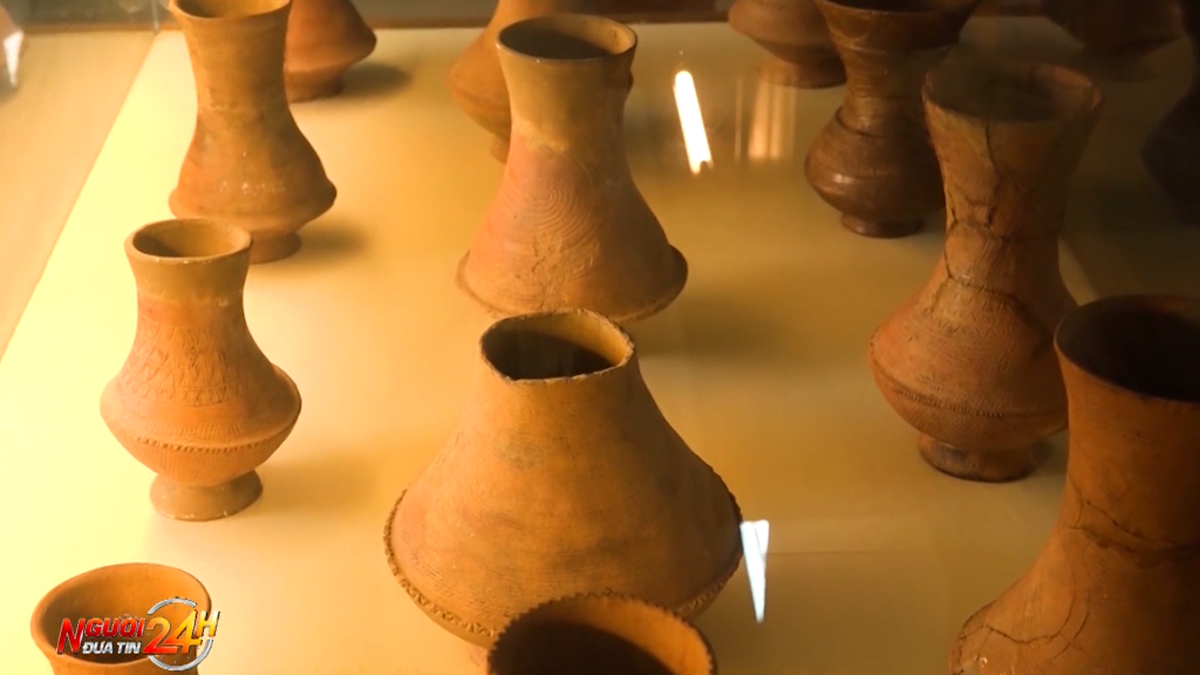
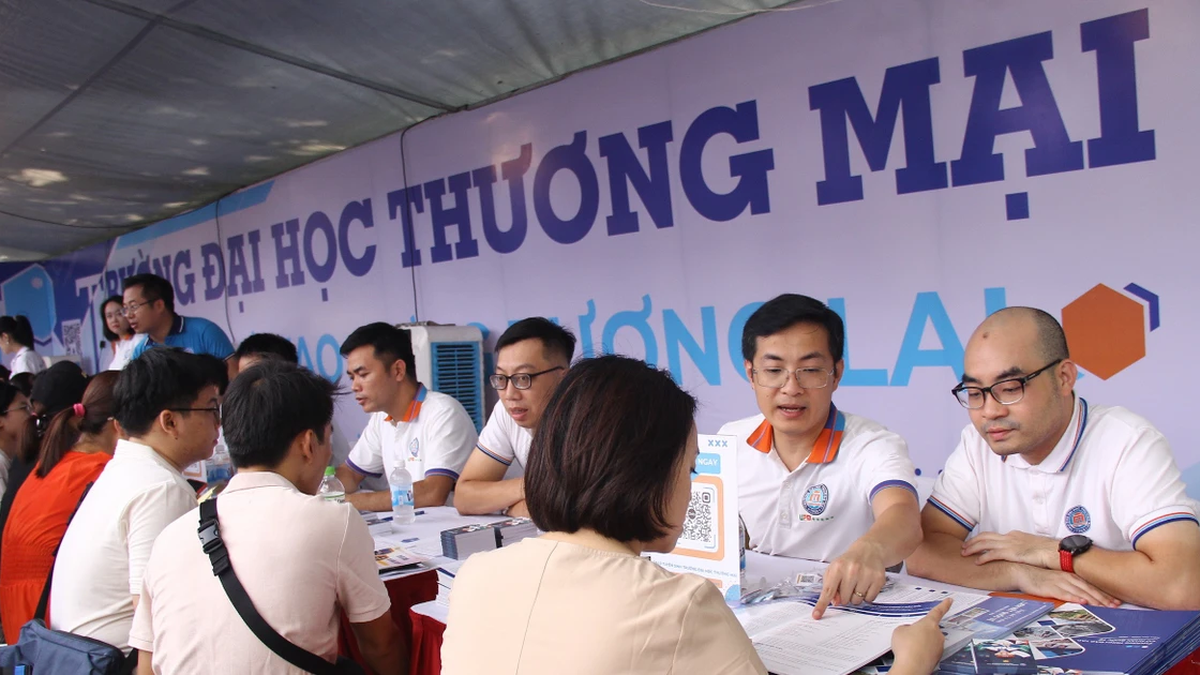























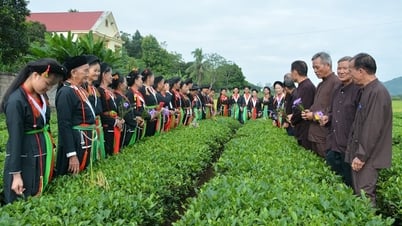

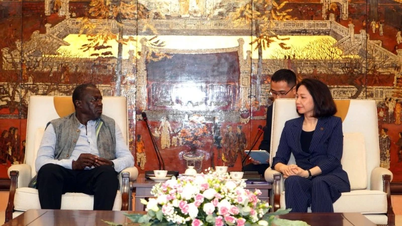










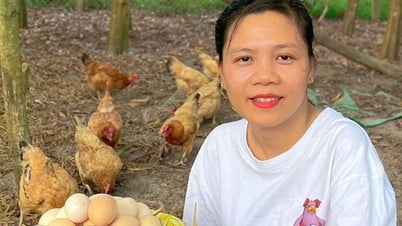

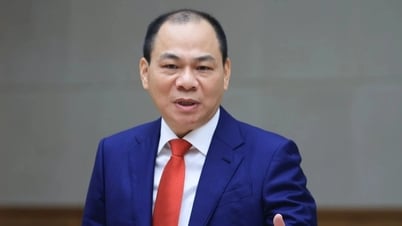



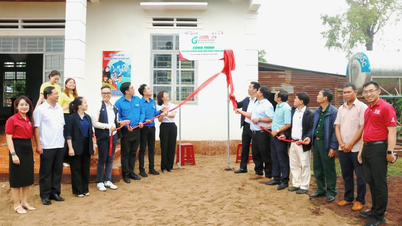

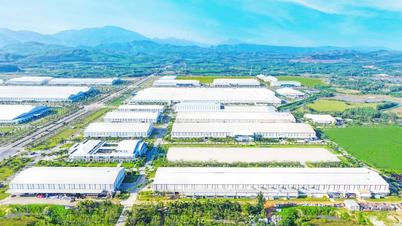




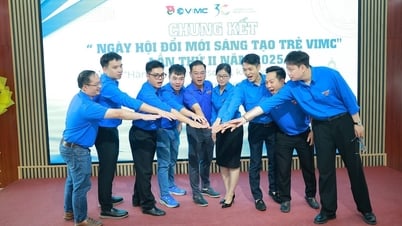
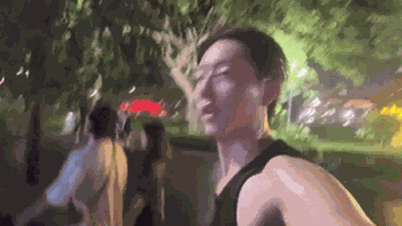



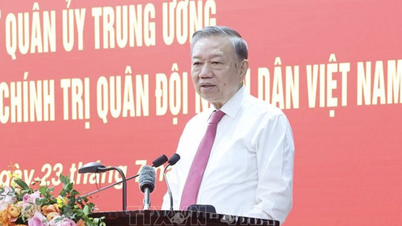

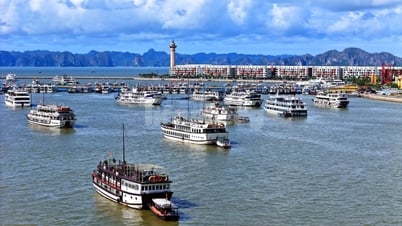

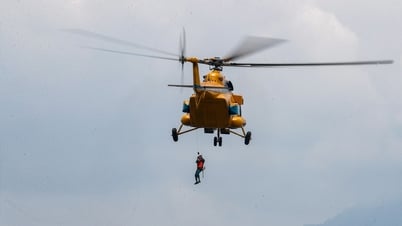




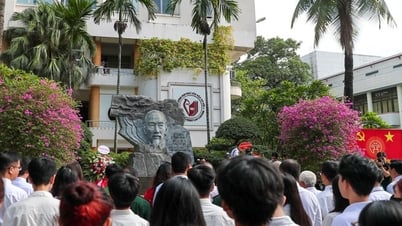

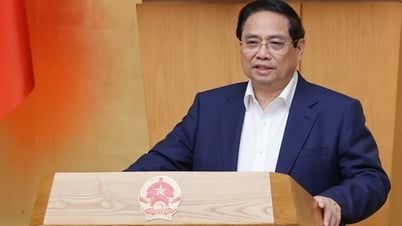
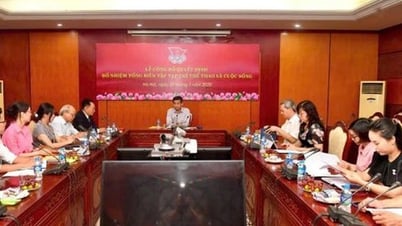

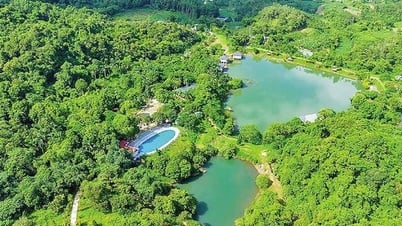







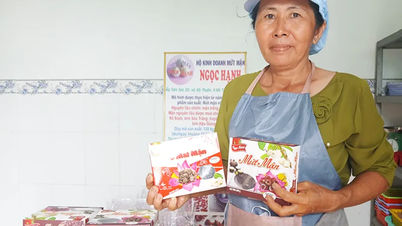

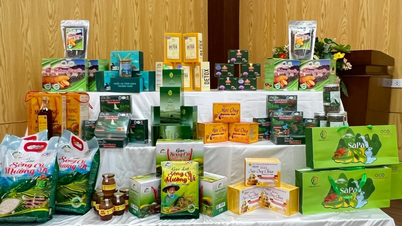













Comment (0)